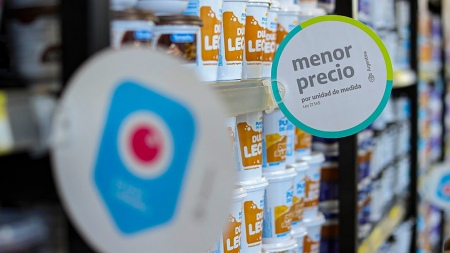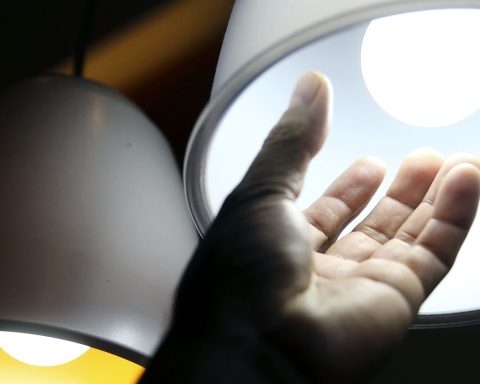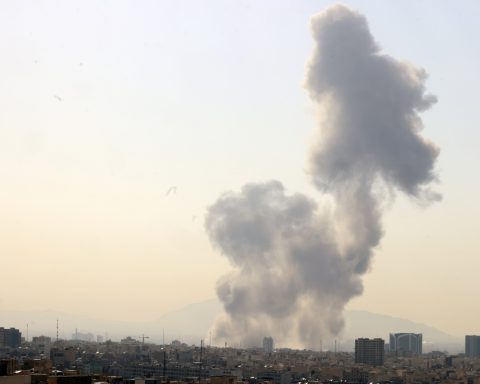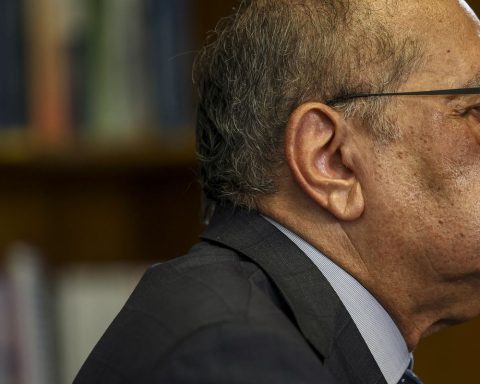The Minister of Economy, Sergio Massa, affirmed this Sunday that “Both in food and in personal hygiene and cleaning supplies, we have agreements with seven companies so that the prices are placed on the containers, in an agreement that runs from November 15 to March 15”.
In dialogue with Radio 10, the minister explained that “We intend to give people certainty by reaching the broadest possible agreement, with the largest number of mass consumption products, knowing that there are supermarket chains that do not give these products priority on the shelf, although four of the seven most important chains They have stated that they will give him space on the gondolas”.
Massa said that “we also intend to put together a program with the companies that allows them to work on the forecast of imports, using the customs green channel, the programming of the Import System (SIRA) and with a certain date of payment with the Central Bank.”
Later, the minister stressed that “what we want is for people to understand that we are following a path that has an effort from the fiscal point of view, from the accumulation of reserves, from the monetary point of view, but which also has efforts from the business sectors, to try, together, to lower inflation, which is what hurts people’s pockets the most”.
The head of the Palacio de Hacienda pointed out that “tomorrow (on Monday) We started with Now 30, which includes cell phones, refrigerators, washing machines, and low-consumption air conditioning. If each Argentine changed the air conditioner for one of this type, we would save one month of the Argentine quota, we understand that the effort that we ask people to save, we have to accompany it, with giving them access to financing with a fixed rate at 48 % and fixed quota for this type of electrical appliances, to save energy, which is the goal we have to achieve and will have a strong impact on the economy”.
Massa pointed out that on Tuesday “An incentive program will be announced for small and medium-sized producers of up to 400 hectares, with the aim of expanding the area sown in the face of drought, which requires us to have the capacity to face the lack of the product that the drought will generate”.
The minister emphasized that “we will be calm when we have a level of reserves in line with the amount of pesos in circulation, with the GDP and when we recover the surplus of the trade balance. Argentina for a long time had a commercial surplus and that allowed it to accumulate reserves The loss of trade surplus in a process in which there was a festival of imports, with judges authorizing precautionary measures, forced us to change the import system We must return to the path of trade surplus for the strengthening of reserves, which is in definitely the great challenge”.


















